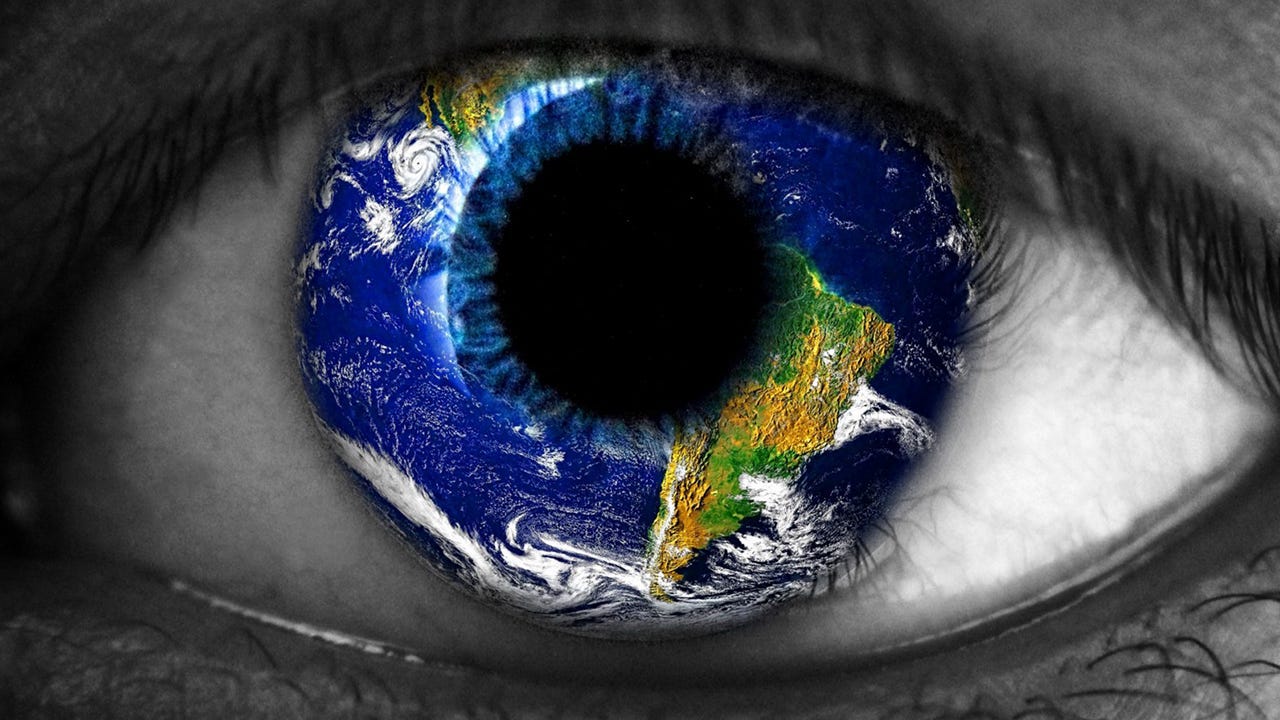A New Weltanschauung
The more I ponder about my beliefs, trying to reaffirm or debunk them, the more I realize the uselessness of engaging in never-ending philosophical inquiry. Because of the fact we live and operate in this so-called physical world, and have no way to objectively verify any supernatural world, I find it practically useless to continue to bother with an inquiry of the latter.
Despite having family that claims to have had religious experiences, and I also having experiences that are akin to religious synchronicity, the fact is either we just showed up here by mathematical probability, or we were put here by God. People have been debating which is the case for millennia.
Although I enjoy philosophy, I realize we don’t have the time nor the privilege to philosophize about the Big Picture right now, especially when it causes division among us. The way I see it, we are stuck here until we die, we on our own, and we have a lot of work to do.
Why Must We Know?
The reason we must know, is because we are afraid of the unknown: we want to know our purpose, how we should behave, and learn that we will be rewarded for doing the right thing, rather than believing we are just a bunch of biochemical processes which will end when we die. We want all the bad people who got away doing evil deeds in this life, to be punished in the next one — we want ultimate justice.
If we were to discover that we have a soul, that there’s an all-loving God and a blissful afterlife with him when we die, then we’d know our purpose; we’d know to act like he’d expect and do our very best to get into Heaven; and we’d have no reason to fear death at all. If, however, we learned that we’re just soulle ss atoms in a void, that there’s no all-loving God nor a blissful afterlife with him when we die, then we’d have to figure out how we should act, take our one life much more seriously, have every reason to fear of death, and make sure we experience as much pleasure as possible before we die.
In both scenarios, what does trying to acquire this knowledge really come down to if not to aid our survival, avoid pain, and be rewarded with pleasure? The truth is something we care to know if it is useful to us, for what good is a useless truth?
Now, don’t get me wrong, I enjoy watching debates on various philosophical topics; but with every debate, whether it’s a debate about the existence of free will or God, in the end, I walk away without knowing the truth. And after years of binge-watching such debates, I realized what the purpose of philosophy actually is, which I express in Section XIX, entry 2 of my book Thoughts and Reflections on Life:
Philosophy is like a spellchecker for the mind; it helps determine whether or not our arguments and beliefs are congruent with our own observations and experiences of reality. It has been practiced for thousands of years and continues on to this day. However, some will claim it’s dead, no longer serves a purpose—arguing that after all these years, there remains unanswered and unsolvable questions—and that we can find all the answers we need via science and mathematics instead. Yet these types fail to realize philosophy’s true value: not only does philosophy help mankind develop ethics and seek truth in regards to other abstract matters—taking an “is” and coming up with an “ought,” which science and math cannot do—it also helps us find ourselves.
But what the hell does any of this have to do with our struggle?
A War of Ideas
Like everything else in reality, philosophy is also a struggle, but between different ideas, all of which seek dominion over the rest. Similar to organisms, these ideas are like abstract entities that compete within an ecosystem — human consciousness— by attaching themselves to their human hosts, who then fight on their behalf during debates. With each battle, they evolve and adapt to deal with their competition, by overcoming any fallacies, weaknesses, and counterarguments to ensure they are not eliminated from meme pool, where only the fittest survive and spread. Although ideas cannot be killed, those which are rejected by humanity are left to float alone in the ether, as they are considered a memetic dead-end.
Unfortunately, as we have seen throughout history, ideas are not always debated in a civil forum; some of the most popular political and religious ideas have turned into physical wars, costing humanity an incalculable number of lives. Moreover, some ideas are parasitic in nature and will lead to massive human suffering, while others are symbiotic in nature and will lead to human flourishing — our enemy deploys those which are designed to bring about the former.
In order to defend ourselves from the jew and his parasitical isms, we must develop philosophical worldviews that cleanse and protect our people from being infected by them. Two recent philosophies that specifically countered Communism, Free Masonry, and other jewish supremacist machinations, were Fascism and National Socialism. Although these ideologies are not applicable to deal with the jewish problem in America, some concepts from them can be adopted and implemented.
I have been brainstorming on my own philosophy which could help save America from jewish supremacy, but I still have much to iron out, before I present it to the public.
Needless Religious Conflict
One of the biggest obstacles I see, which is a major waste of our time that causes needless division among Gentiles, is the constant bickering over the differences between religions. What good is it to war with your fellow Gentiles who may believe in something different than you, unless those beliefs specifically instruct them to physically harm you and your co-religionists, like judaism does? Who benefits from non-jews attacking each other?
Christianity and Islam no doubt have their differences, but there is no reason to waste time debating their validity, nor trying to pressure others to convert, and yet all I see on social media streams, are endless debates between our greatest minds, going at each other’s throats over these differences. Even worse, Christians against Christians, and Muslims against Muslims, attacking each other over nuances and causing internecine strife among their own people.
We all know the jews have chutzpah, but what do you call it when a believer in something publicly asserts their opinion as an absolute fact?
Faith vs Fact
You, along with every other religious person on this planet, has no idea if your religion is even true, so what good is it to convert someone to your opinion? Sure, you may gain another follower, but what if you’re wrong? What if your religion is false? If someone seeks to learn about your religion, then go ahead and teach them, but don’t have the arrogance to run around claiming your religion is true, when no one knows.
And for nonbelievers, it could be argued that certain religious claims can be proven false, such as Young Earth Creationism, but the ultimate question of whether God exists or not, is impossible to know. Thus, what good is it to wage war on your fellow Gentiles over their religious beliefs, if they are not harming you? What if God does exist, and you convince someone to stop believing?
Why can’t humanity stop the insanity, and allow everyone to practice their religion in peace, rather than destroying itself over it? These never-ending religious debates and conflicts only aid the jew. In fact, the recent collapse of the Axis of Resistance was easily engineered by him due to religious sectarianism; and now we have Muslims killing themselves in the region, instead of uniting and destroying Zionism.
So you see, religious debates are not only useless but harmful, and they end up distracting us from dealing with the Devil that roams the earth: the jew.
Useful Philosophy
In order to free and protect ourselves from jewish supremacy, we must all adopt a new weltanschauung (worldview) that promotes peace and prosperity for humanity. Counter to the jew’s desire to enslave all of mankind, we wish to free all of mankind, following a live-and-let-live approach that will ensure each people has the living space and resources they need. But because there’s no one-size-fits-all ism, due to the nature of our unique populations and their environments, each Gentile nation must develop one that suits them.
Whatever ism we develop to counter the jewish supremacy, it must, first and foremost, focus on the here and now; secondly, secure the existence of our people racially and ethnically; thirdly, ensure our people have all the resources necessary for their survival and replication; fourthly, be focused on their flourishing; and finally, support peace between other peoples, giving them the same rights we demand for our own.
To clarify, this is not a call to become materialists and reject religious doctrines, but to accept the fact that we only have access to and are able to change the material world. All the pondering and debating about the hereafter can wait until we have the privilege to do so. If a just and all-loving God does exist, I’m sure he will smile upon those who fight against the satanic jew; those who create a better future for their people and the rest of humanity, rather than allowing the jewish demon wreak havoc upon the earth.
Keep reading with a 7-day free trial
Subscribe to Our Struggle to keep reading this post and get 7 days of free access to the full post archives.







